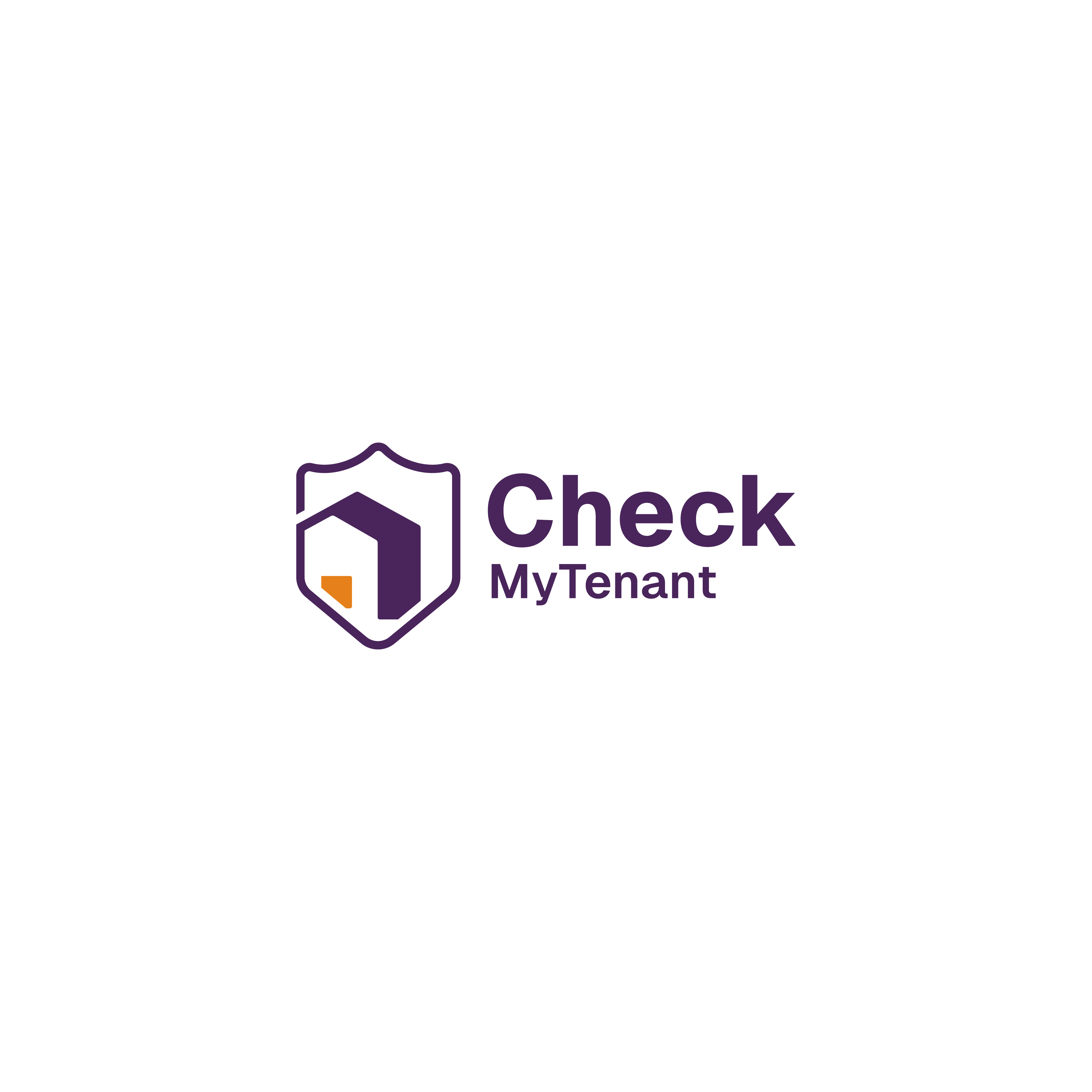
Created by CheckMyPeople

How trusting the wrong tenant can turn your property into your worst nightmare

Landlords and property owners know, deep down, that real estate should be a source of security—not anxiety. But in today’s Nigeria, the opposite can sometimes happen.
You hand over your keys, you trust the person signing the lease, you expect things to go well. But what if things go badly? What if the person you let into your building is using it as a hideout for crime—kidnapping, violence, or worse?
It may sound extreme—but it’s far more real than we like to admit. In Enugu State, the government demolished a property after it was found to have been used as a kidnappers’ den. The governing law states: “If the building or structure … is so being used … the building or structure shall be demolished or forfeited to the State Government.”
Imagine this scenario: You own a house in a Lagos suburb. You rent it out through an agent. You collect the first payment, everything seems fine. But months later you learn that there were unreported visitors, strange comings and goings, perhaps gunshots at night, or a body found in the neighbourhood. Then security agencies move in. Maybe the house is shut down, maybe the state revokes the title, maybe the property is bulldozed. The rent income you relied on is gone. The asset you counted on is now tainted.
Why does this matter so much? Because in Nigeria the risk doesn’t just stop at late rent payments or broken windows. It hits on three deeper levels:
- Legal and regulatory risk – If a tenant uses your property above board for criminal acts, you can become complicit by virtue of negligence. In Enugu, the property owner was held responsible because “you ought reasonably know that the building … is so being used for that purpose.”
- Reputational risk – Your neighbours fear you, your property becomes a blight instead of an asset, your name becomes associated with crime instead of stability.
- Financial risk – Because beyond damage or legal trouble, you might lose your asset, lose rental income, pay legal costs, or face state action like forfeiture or demolition.
If you are a landlord, you must ask yourself: How well do I really know my tenant?
Will you rely on just an ID, a single reference, or the word of an agent? Or will you invest in proper verification?
This is where the solution comes in: CheckMyTenant.
CheckMyTenant gives you a robust shield against this kind of catastrophe. It moves beyond promise and handshake. It verifies employment, background, previous tenancy history, character references, guarantors—everything that matters when you’re entrusting your home to someone. It gives you the information you need to make a confident decision.
With CheckMyTenant:
- You don’t just collect rent — you collect peace of mind.
- You don’t just fill a vacancy — you fill a trustworthy home.
- You don’t just hope your tenant will pay — you know they can and will.
In Nigeria’s current environment, property ownership is no longer a passive investment. It is a responsibility. And that responsibility begins long before the lease is signed — it begins with asking the right questions and getting the right assurances.
To every landlord and property owner reading this: don’t wait until you’re facing a demolition notice, a police investigation, or worse—don’t wait until your prized asset becomes a liability.
Take action today. Choose verification. Choose confidence. Choose CheckMyTenant.
Because your property, your reputation, and your future deserve nothing less.
#Landlords #PropertyOwners #Nigeria #RealEstate #TenantVerification #CheckMyTenant
#TRUSTbutVERIFY
More from CheckMyPeople

Created by CheckMyPeople
Here are key rules for consideration when bringing a house help into your home:


Created by CheckMyPeople
Guidelines to create a safe working environment for your domestic staff in Nigeria.


Created by CheckMyPeople
HOW SAFE ARE YOU WITH YOUR PERSONAL STAFF?





